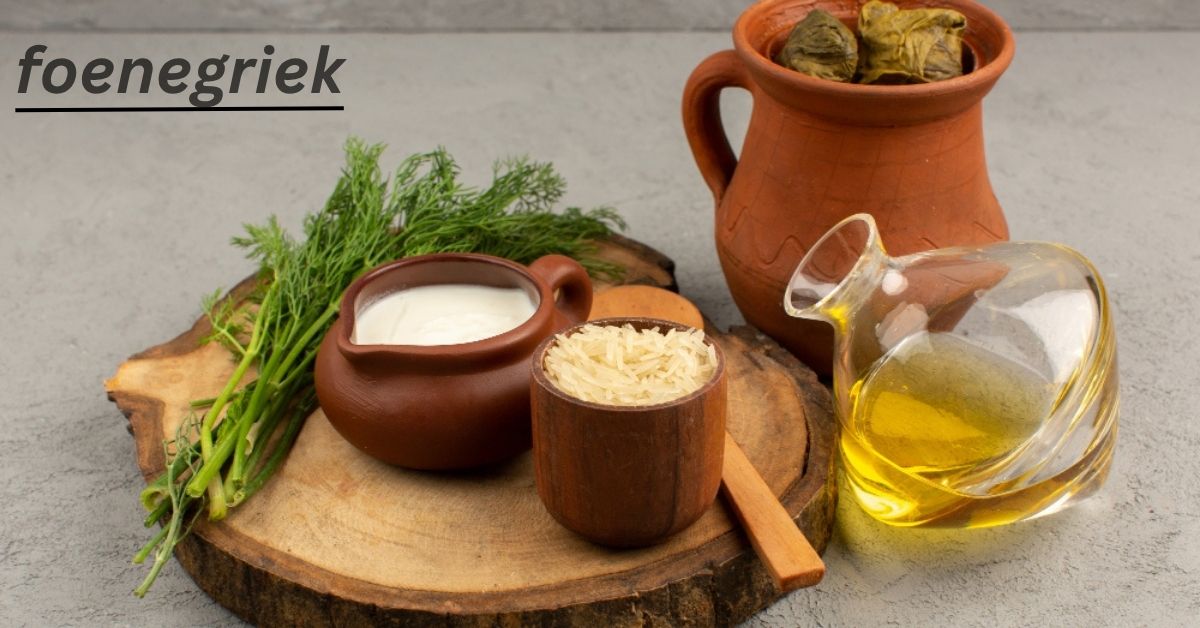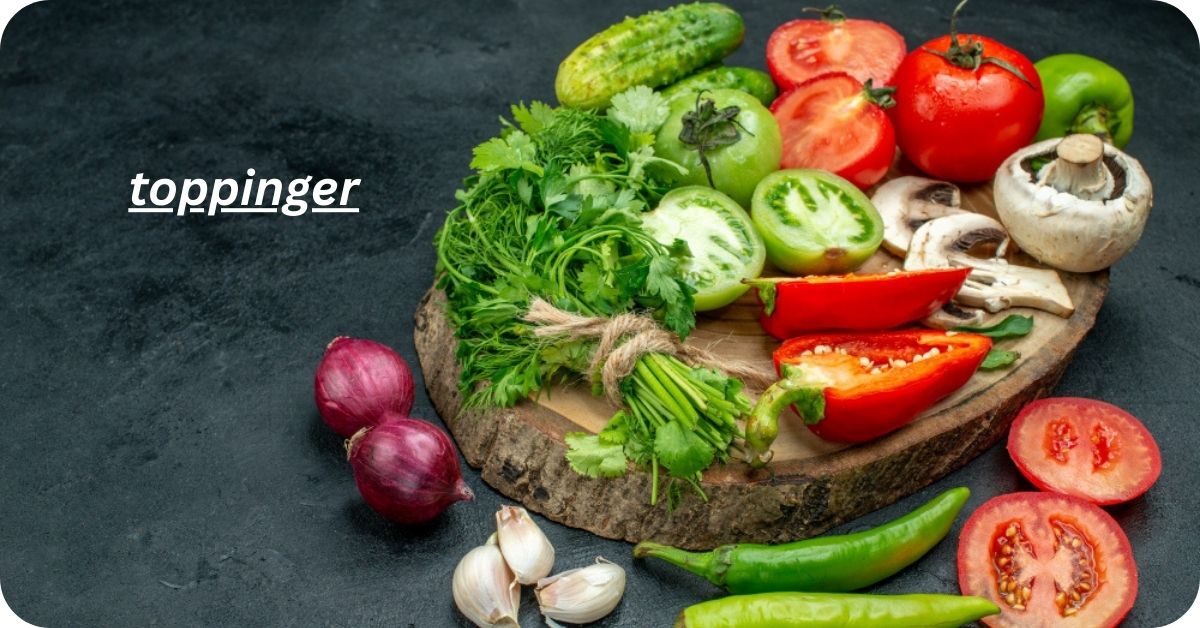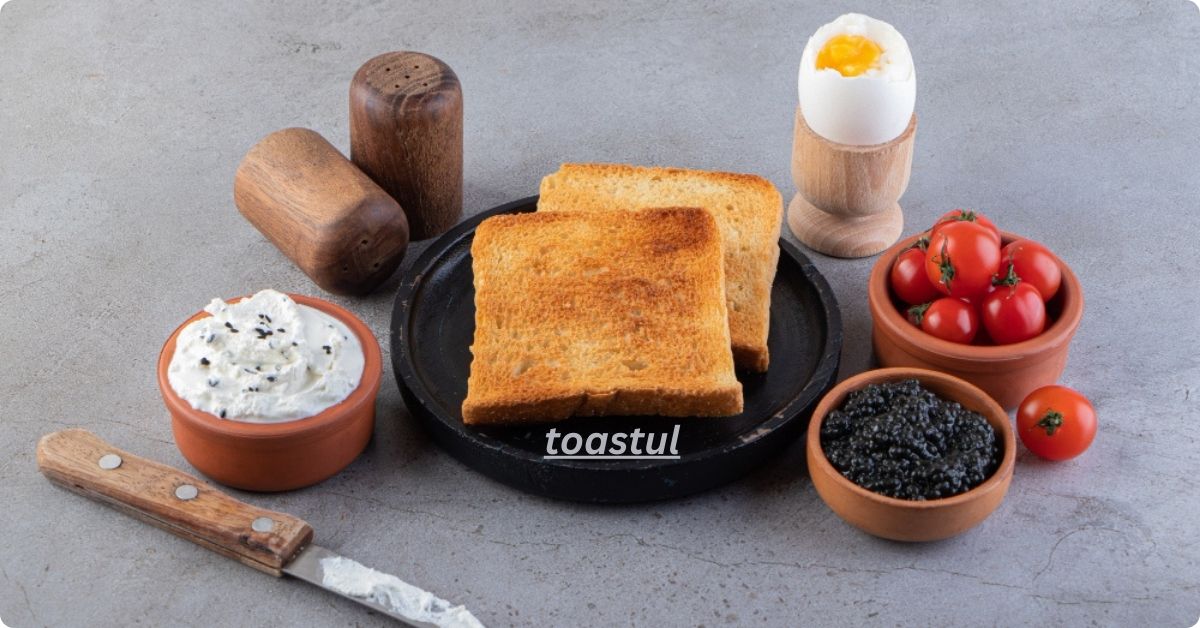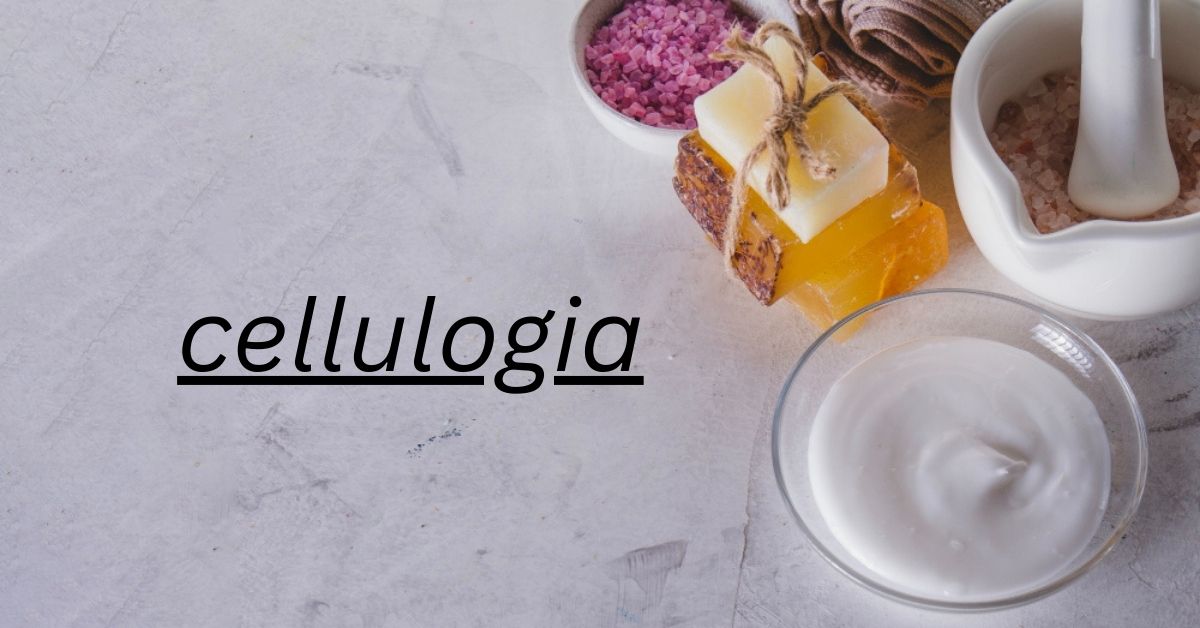The term foenegriek is new to you. Fenugreek, another name for this potent plant, has a long and storied history as well as an astounding number of health advantages. This little plant has a powerful nutritional and health impact, and it has been used for ages by many different civilizations. If you’re interested in improving your health or just want to try something new, foenegriek is a great option. Join me as I explore the incredible world of this plant, from its use in ancient rituals to its current scientific understanding, and learn how it may enrich your life.
Historical and Cultural Significance of foenegriek
It is, often known as fenugreek, has a rich and legendary past that goes back many centuries. Ancient cultures like Egypt’s and India’s have used this plant for thousands of years. Its therapeutic qualities led to its use as a culinary spice as well.
The Egyptians thought that foenegriek would protect their loved ones in the beyond, thus they frequently placed them in tombs. Similarly, this plant has a long history of veneration in Ayurvedic medicine for its purported capacity to promote health and harmony in the body.
It was highly esteemed by the Greeks and Romans as well. They understood its medicinal and revitalizing properties.
A real testament to its adaptability through the ages, it represents food and healing in many civilizations. By connecting age-old knowledge with contemporary health fads, foenegriek maintains its relevance in today’s world.
Nutritional Value and Health Benefits of foenegriek
Foenegriek, or fenugreek as it’s known in English, is an extremely nutritious superfood. Because of its high protein and fiber content, their seeds are a great nutritional supplement.
Essential vitamins like B6 and C are present, which greatly benefits health in general. These nutrients strengthen the immune system and aid in metabolism.
Folenegriek is an excellent source of minerals such as iron, magnesium, and manganese, all of which are essential for many different biological processes. They help with generating energy and keeping bones strong.
Its ability to control blood sugar levels is a notable advantage. Foenegriek has shown promise in enhancing insulin sensitivity in animal studies.
It also fights oxidative stress with its antioxidants. Heart health and systemic inflammation can both improve as a result of this.
Because of its diverse nutritional profile, foenegriek is a great way to boost the flavor and healthfulness of your food.
You May Like:insetprag: A Fresh Paradigm of Nested Pragmatics
Traditional Uses in Alternative Medicine
Foenegriek, or fenugreek as it is more often known, has been an important part of alternative medicine for quite some time. Many different civilizations have long recognized the medicinal value of this plant and its leaves and seeds.
Foenegriek has long been known for its beneficial effects on the digestive system. For gas and indigestion, it comes highly recommended by herbalists. Intestinal distress can be alleviated by the herb’s calming effects.
The fact that foenegriek may help nursing moms continue breastfeeding is another reason for its high regard. Herbal teas or pills designed to increase milk production typically include it.
Maintaining healthy skin is another one of the many traditional purposes. The anti-inflammatory characteristics of crushed foenegriek seeds suggest that they may be useful in the topical treatment of eczema and acne.
These long-ago customs demonstrate the lasting impact of foenegriek on global traditions of natural medicine and their continued relevance to contemporary herbal medicines.
Modern Applications and Scientific Evidence
New research has confirmed the therapeutic applications of foenegriek, illuminating its many advantages. Evidence from scientific studies suggests it may help diabetics control their blood sugar levels.
In addition, foenegriek has been associated with better digestion and controlling hunger. Its high fiber content promotes digestive health and might help ease gastric pain.
Foenegriek may aid in desire suppression and metabolic assistance, according to some research in the field of weight control. For those looking for all-natural remedies, this is a great alternative.
Further, studies looking at its anti-inflammatory effects show promise. Arthritis and other inflammatory illnesses may be better managed with the help of these characteristics.
New clinical and daily wellness uses of foenegriek are emerging as researchers delve further into its properties.
How to Incorporate foenegriek into Your Diet
Incorporating foenegriek into your diet may be both simple and profitable. Blending the seeds into smoothies is a good place to start because they give vitamins and a nutty taste. A tablespoon can make a small yet healthy impact.
Foenegriek is a great addition to marinades and spice mixes for the culinary arts. Roasted meats and veggies complement its earthy flavor profile.
Another option is to steep the seeds in tea. To extract their medicinal value, simply soak them in boiling water for 10 minutes.
For a sweet twist, try topping your yogurt or porridge with ground foenegriek. It boosts health benefits while enhancing flavors.
Don’t forget about baking! Incorporate it into bread recipes for an unusual spin on standard loaves. Due to its adaptability, this ingredient can be used in a wide variety of delicious and nutritious recipes.
Precautions and Potential Side Effects
Proceed with caution when using foenegriek, despite its many health advantages. Some people are allergic to it, especially those who have a history of severe responses to plants in the Fabaceae family. Rash outbreaks or trouble breathing are among the possible symptoms.
Also, if you eat too much, you could feel sick to your stomach. Bloating, gas, or diarrhea might be symptoms of this. When adding this plant to your diet, moderation is crucial.
Women who are expecting a child or who are nursing should talk to their doctor before using this product. The use of foenegriek during pregnancy is not without danger because it has the potential to trigger uterine contractions.
People who are on blood-thinning medicine also need to be careful. There is some evidence that this herb can raise the risk of bleeding when used with medications that thin the blood.
Before making any major adjustments to your foenegriek consumption, it is important to start with tiny dosages and see how your body reacts.
Conclusion
Greek hay, or foenegriek, has several uses beyond those of a common grass. It has played an essential role in many societies for ages due to its cultural importance and long history. Its nutritional content highlights a wealth of health advantages that can improve your health in many ways.
Foenegriek has several beneficial health effects, including as assisting digestion and perhaps regulating blood sugar levels. Both traditional medical systems and contemporary scientific research have long acknowledged its potential.
The addition of foenegriek to your diet may be a delightful and easy process. You may get its advantages in a variety of ways, including by adding it to food or by taking supplements. You may enjoy the benefits of this extraordinary plant without worrying about negative side effects if you follow the necessary precautions.
If you’re looking to improve your health, adding foenegriek to your balanced lifestyle might be the way to go. The harmonious coexistence of ancient wisdom and cutting-edge research emphasizes the special role this plant plays in contemporary health and culinary activities.
Read More:seekde— AI-Powered Knowledge Discovery











